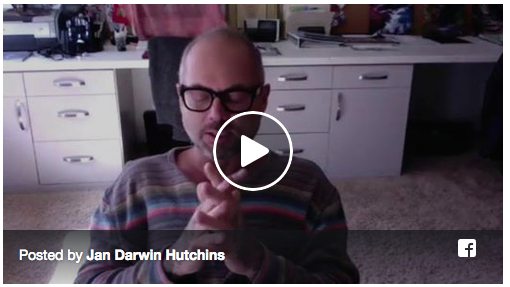Here’s our MenSchool coaches’ formal checkin this week that led to a discussion of grief.
Long before modern psychologists extolled the creative benefits of melancholy, Rainer Maria Rilke explored the value of sadness as a clarifying force for our own interior lives. He turns his illuminating gaze to the vast swaths of life we spend completely opaque to ourselves, and writes:
“You have had many and great sadnesses, which passed. And you say that even this passing was hard for you and put you out of sorts. But, please, consider whether these great sadnesses have not rather gone right through the center of yourself? Whether much in you has not altered, whether you have not somewhere, at some point of your being, undergone a change while you were sad? … Were it possible for us to see further than our knowledge reaches, and yet a little way beyond the outworks of our divining, perhaps we would endure our sadnesses with greater confidence than our joys. For they are the moments when something new has entered into us, something unknown; our feelings grow mute in shy perplexity, everything in us withdraws, a stillness comes, and the new, which no one knows, stands in the midst of it and is silent.
Almost all our sadnesses are moments of tension that we find paralyzing because we no longer hear our surprised feelings living. Because we are alone with the alien thing that has entered into our self; because everything intimate and accustomed is for an instant taken away; because we stand in the middle of a transition where we cannot remain standing. For this reason the sadness too passes: the new thing in us, the added thing, has entered into our heart, has gone into its inmost chamber and is not even there any more, — is already in our blood. And we do not learn what it was. We could easily be made to believe that nothing has happened, and yet we have changed, as a house changes into which a guest has entered.”



Add Comment